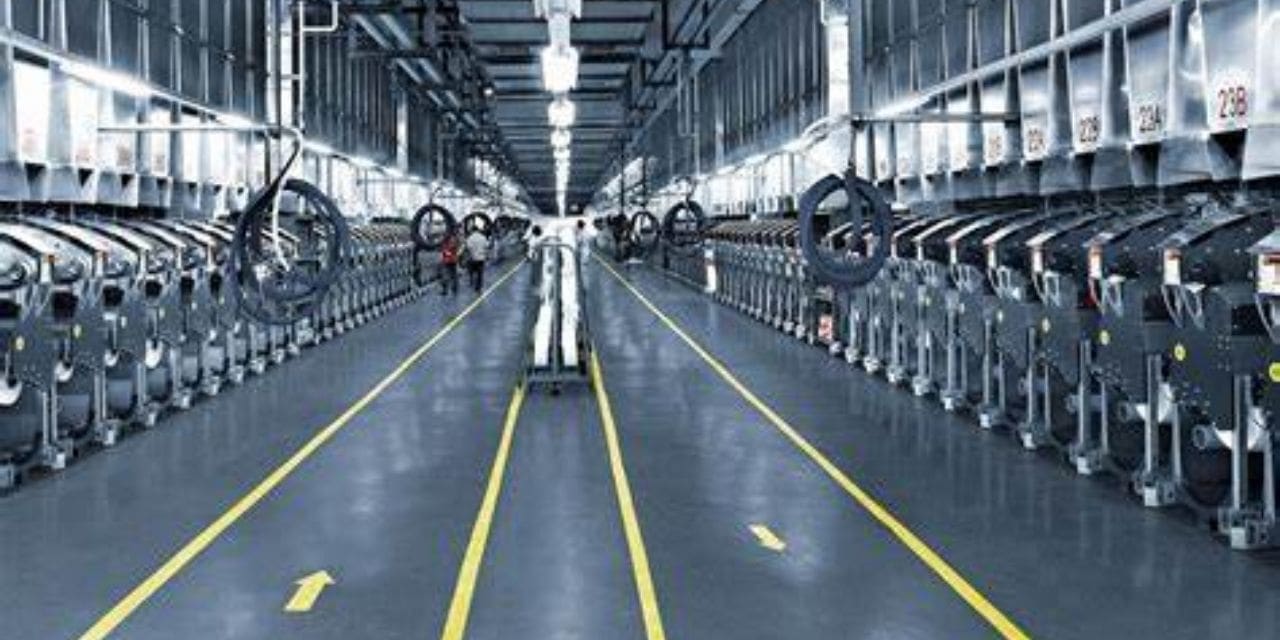Remscheid, August 8, 2024 – India, a nation with a long history of textile manufacturer, has recently solidified its position as a leader in the creation of synthetic fibers. The nation in West Asia is currently the world’s second-largest producer of polyester yarn. The whole value chain, from the melt to the final textile product, is covered by the Indian textile industry.
One area that is anticipated to grow is the technical textiles industry in particular. According to Invest India, a government institution, this dynamic sector accounts for around 13% of the total Indian textile and garment market, with an average growth rate of 12% since 2013. Throughout the last ten years, the market volume has nearly doubled. Polyamide has been a major component of industrial yarn manufacture in India up until this point. Here, Oerlikon Barmag holds a commanding market position. Head of Sales for Oerlikon Business Unit Manmade Fibers Solutions Dr. Wolfgang Ernst states, “We have commissioned plants for numerous customers in recent years.”
Increasing demand for industrial polyester yarns
The building boom and the increasing use of industrial textiles and geotextiles in various infrastructure projects, agriculture, and aquaculture demonstrate the ample space for growth. This is supported by the government’s 2021 industrial development agenda, of which technical textiles are one of the ten main themes. Reducing reliance on imports is the program’s cornerstone. The majority of the country’s need for technical yarns and fabrics have thus far been met by imports.
The machine and plant company located in Remscheid has also noticed the trend toward superior technical textiles for the home market. “We are receiving more and more inquiries from Indian customers for spinning systems for industrial yarns,” states Dr. Wolfgang Ernst. “What’s new is how much interest businesses with downstream operations are displaying in backward integration. This is explained by the Bureau of Indian Standards’ more stringent rules. Industrial yarns were mostly imported from China up until this point. Since last year, the government has strictly regulated this to ensure the quality of the treated yarns. Therefore, it makes sense for Indian manufacturers of textiles to get into the yarn manufacturing industry.”This trend was also evident during this year’s Techtextil in Frankfurt, where Oerlikon Barmag experts had the opportunity to have an unusually high number of technical conversations with prospective and current Indian clients.
Oerlikon Barmag’s industrial yarn technology offers a broad process window without compromising yarn quality. Flexible spinning concepts open up a world of possible yarn products for various applications. The portfolio includes methods for producing polyester and polyamide yarns with the required physical properties for a range of end uses. The Remscheid-based solution provider, whether yarn makers are searching for HMLS yarns for car tires, safety belts, airbags, or geotextiles, offers a tailored strategy for every end application.
About Oerlikon Polymer Processing Solutions Division
Oerlikon is a leading provider of comprehensive polymer processing plant solutions and high-precision flow control component equipment. The division provides polycondensation and extrusion lines, manmade fiber filament spinning solutions, texturing machines, BCF and staple fiber lines as well as nonwoven production systems. It also develops and produces advanced and innovative hot runner systems and multi-cavity solutions for the injection molding industry. Its hot runner solutions serve business sectors, including automotive, logistics, environmental, industrial applications, consumer goods, beauty and personal care and medical. Moreover, Oerlikon offers customized gear metering pumps for the textile, automotive, chemical, dyes and lacquers industries. Its engineering competence leads to sustainable and energy-efficient solutions for the entire polymer processing value chain with a circular economy approach.

